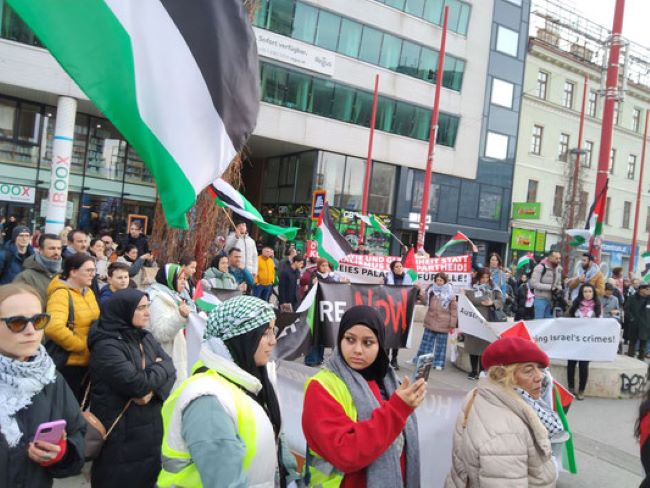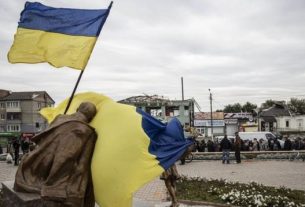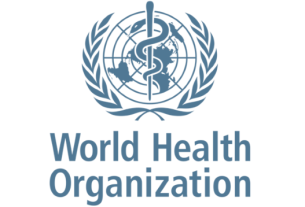The Austrian Newspaper “Kurier” reports about the Vienna University’s Pro Palestine protest cammp: ‘Boo-hoo’, shouts a man loudly as he walks quickly past the pro-Palestine protest camp in Vienna’s Old General Hospital. Meanwhile, the young mother Marina is standing with her baby in a pram next to the protesters. She has baked biscuits and brought them drinks. ‘I want to support this. Only today you can read in all the newspapers how difficult it is for the people in the Gaza Strip at the moment,’ Marina tells KURIER.
This scene aptly describes how the protest camp at the University of Vienna is being received by the public – alongside critics, there are also sympathisers.
On Monday evening, after a pro-Palestine demonstration in Votivpark, around 100 demonstrators decided to set up a protest camp in the Old General Hospital. This was modelled on protests at universities in the USA and some European cities such as Berlin and Amsterdam.
According to their own statements, the protesters are mostly students and all in their 20s. They are demanding that universities should cut all ties with companies that contribute to the war in Palestine. The protest camp in Vienna was not registered with the police. The police was therefore immediately on the scene on Monday – but so far no adminstrative action was taken by the police due to some legal hurrdels.
In order to be able to clear the camp, the University of Vienna must give its consent to the police. The university is speaking out clearly against the protest. ‘Anti-Semitism and the trivialisation of terror have no place at the University of Vienna. Universities offer a critical forum for objective discussions, including on controversial topics. In a statement on the Universit’s website a strong condemnation against the one-sided representations, intolerance, racism and anti-Semitism,’ was posted. However, the right of assembly takes precedence over the owner’s wishes.
The right of assembly is not only extremely well protected by the constitution, it is also very well protected compared to other fundamental rights which remember us the numerous corona demos despite the strict lockdowns.
In this specific case, the grounds of the University of Vienna are a publicly accessible space, and as the demonstrators are not committing any direct criminal offences, the right of assembly de facto supersedes all other rights. According to the police, the camp is currently under constant observation. ‘There is no reason at tpresent to disperse the assembly, as neither criminal behaviour, nor public safety or the public good has been endangered,’ says police spokesperson Markus Dittrich. Criminal offences would be, for example, the display of prohibited symbols or the chanting of certain slogans.
One of these, which is often used by pro-Palestine demonstrators, is ‘Palestine will be free, from the river to the sea’.
Controversial slogan
The slogan states that Palestine should be liberated from the Jordan River to the Mediterranean Sea. It expresses the desire for an end to the Israeli ‘occupation’ of the area that the Palestinians regard as their land. In Israel, the call is seen as a demand for the eradication of their state. After the phrase was chanted at numerous pro-Palestine demonstrations following the Hamas attack in October 2023, Justice Minister Alma Zadic issued a decree in January that identifies the slogan as ‘incitement or approval of terrorist offences’ (Section 282a). If you shout it publicly, you could be liable to prosecution.
On Tuesday morning, it seemed as if the demonstrating students at the University of Vienna were doing their utmost to avoid writing criminal slogans on their posters. And because they are not disrupting university operations, there eviction for the time being is very unlikely . The police is also not interested to provoke an escalation.





